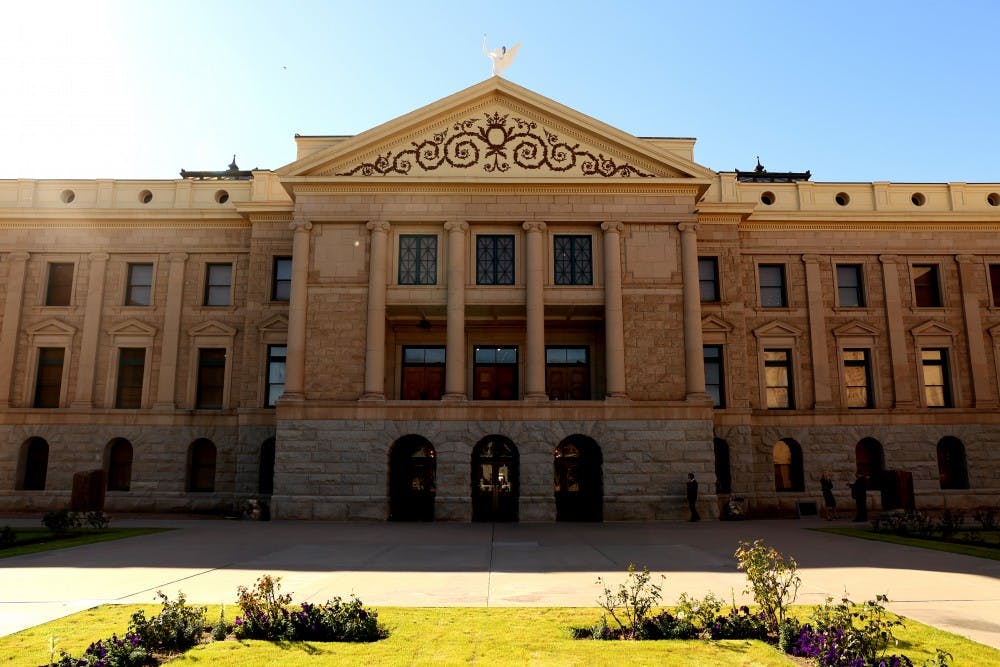It isn’t fun being a politician. Our state legislators only vote on big-name bills once or twice a year. If you read through some bills, you'll see that dozens of them are technical corrections, and many more are minute changes. Of course, the work they do is necessary to keep a state running, but the work itself can certainly be bland. Our Arizona legislators have salaries of $24,000 per year, which puts them right around the poverty line for a family of four.
Because legislators have to spend their time and money to compete for their positions, they must want something besides change in a community; they must, at least in a small part, want to be the ones implementing the change. Someone who wants a particular problem solved can urge their community to vote for certain changes, but one who wants to be the change-maker must value having power to a certain degree.
I contend that all those holding state legislative offices today have a propensity to seek that power which we, as young voters, must work to tame.
A love for governing may not be inherently bad, but it opens a door to a slew of vices. When legislators become caught up satisfying their urge to exert authority, voting to defend the things their constituents hold dear takes the backseat while voting to gratify themselves rides shotgun. There’s a fine line separating public service and public command, and legislators must actively avoid the latter because they are already inherently attracted to it.
Not all legislators have fallen into this trap. I have had the pleasure of meeting a few Arizona legislators, many of whom do not seem to exert this power complex. Some legislators manage to avoid the desire to control in order to be good, well-meaning representatives. Legislators themselves get fed up with their colleagues. Watch this legislator with the right idea boil over:
It isn’t that good legislators campaign differently, or hate their jobs. Rather, good legislators are the ones who communicate as much as they possibly can with their constituents without condescension. That opens a very important door for us ASU students.
The more people, especially young ones, who call, email or visit their state’s legislators, the more they will be on the mind of legislators. Representatives knock on doors all the time while campaigning, but not quite so often once they have the job, so we need to go to them. Whether it involves funding college tuition or making changes to traffic laws, legislators are far more likely to consider their constituents and forget about their authority if they speak and empathize with young citizens before voting. We have the ability to influence our representatives to vote and act in a way that reflects the values of our democracy.
Reach the columnist at gheiler@asu.edu or follow @heilergeorge on Twitter.
Editor’s note: The opinions presented in this column are the author’s and do not imply any endorsement from The State Press or its editors.
Want to join the conversation? Send an email to opiniondesk.statepress@gmail.com. Keep letters under 300 words and be sure to include your university affiliation. Anonymity will not be granted.
Like The State Press on Facebook and follow @statepress on Twitter.




